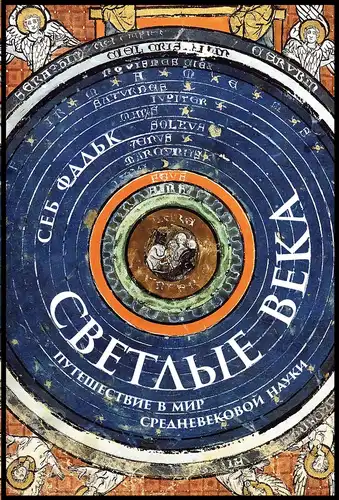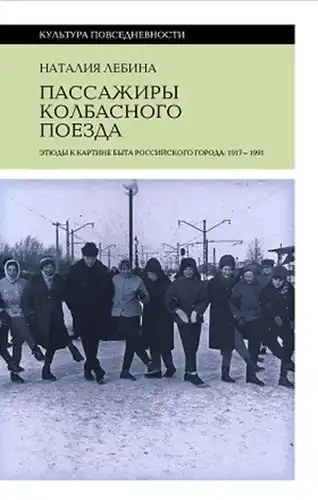€ 22.00
Einstein's clock, Poincare maps
Часы Эйнштейна, карты Пуанкаре
The book by the contemporary American philosopher and historian of science Peter Galison introduces the reader to how the procedure for coordinating clocks was developed at the turn of the 19th and 20th centuries, which later became one of the pillars of relativistic physics. The author focuses not only on the theoretical reasoning of famous physicists - primarily Einstein and Poincaré - but also on the extremely tangled tangle of diverse interests and practices belonging to navigators, astronomers, railroad workers, military men, businessmen and cartographers of those times, which allowed them to illustrate, discredit and anticipate the ideas of armchair scientists. The book is addressed to philosophers, historians of science, as well as a wide range of readers interested in the development of scientific thought.
Similar books

The Eros of the Impossible: The History of Psychoanalysis in Russia
Эрос невозможного: история психоанализа в России
€ 18.00

Light Ages: A Journey into the World of Medieval Science
Светлые века: Путешествие в мир средневековой науки
€ 14.00

There was no new time. Essay on symmetrical anthropology
Нового времени не было. Эссе по симметричной антропологии
€ 13.00

Passengers of the Sausage Train: Sketches for the Picture of Russian City Life: 1917–1991
Пассажиры колбасного поезда: Этюды к картине быта российского города: 1917–1991
€ 19.00

Everything and Nothing: Symbolic Figures in Art of the Second Half of the 20th Century
Всё и Ничто: Символические фигуры в искусстве второй половины XX века
€ 22.00

Imagining the City: An Introduction to Conceptualization Theory
Воображая город: Введение в теорию концептуализации
€ 19.00

Until the End of Time: Consciousness, Matter, and the Search for Meaning in a Changing Universe
До конца времен: Сознание, материя и поиски смысла в меняющейся Вселенной
€ 13.00

